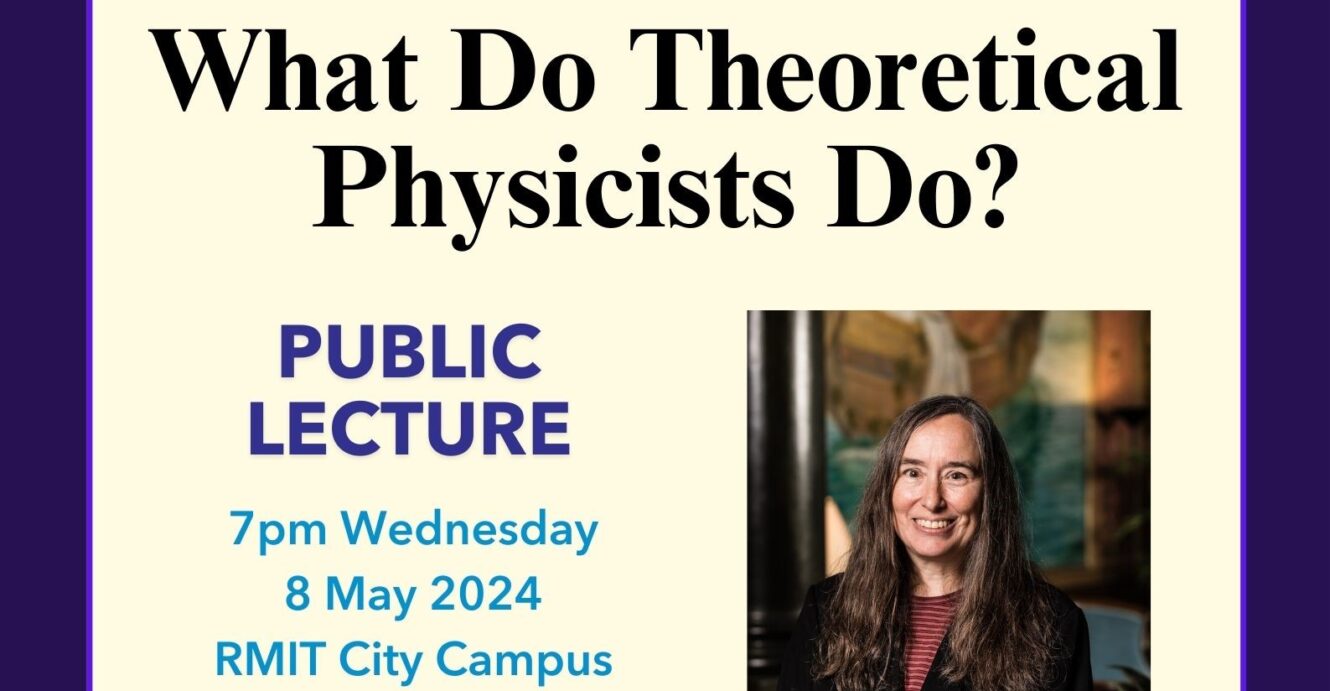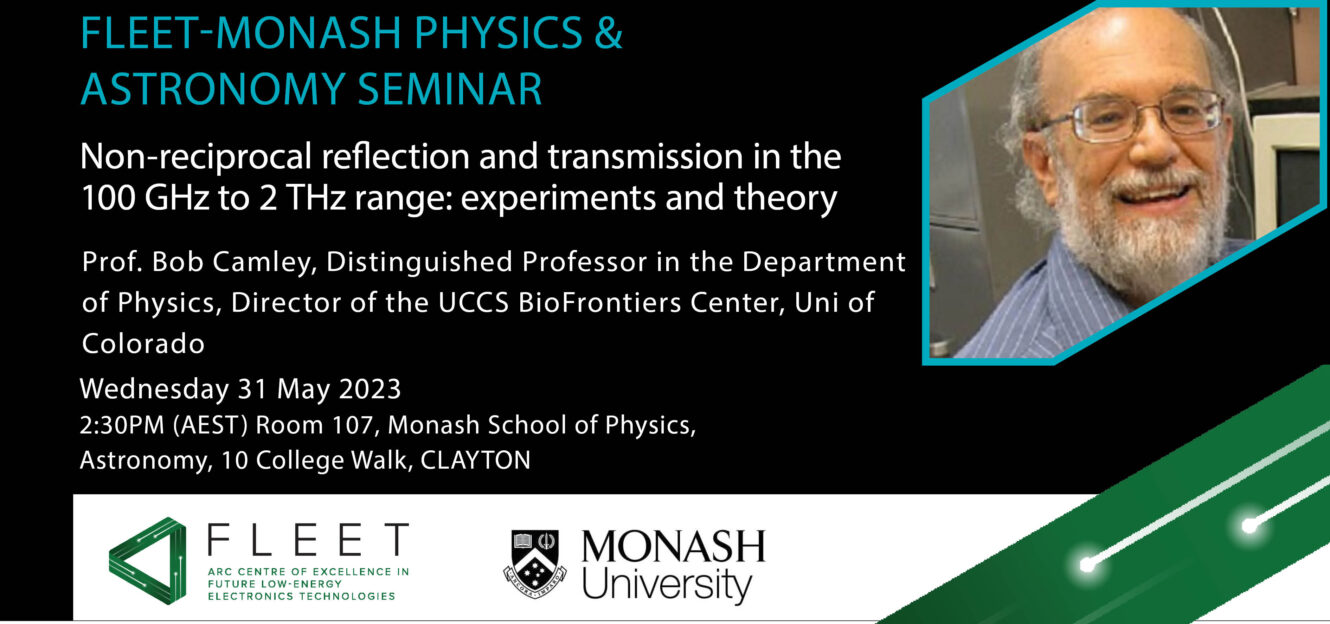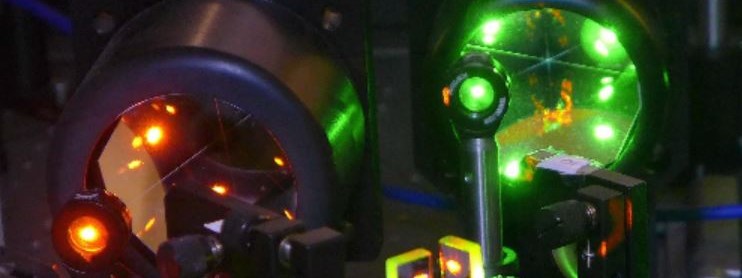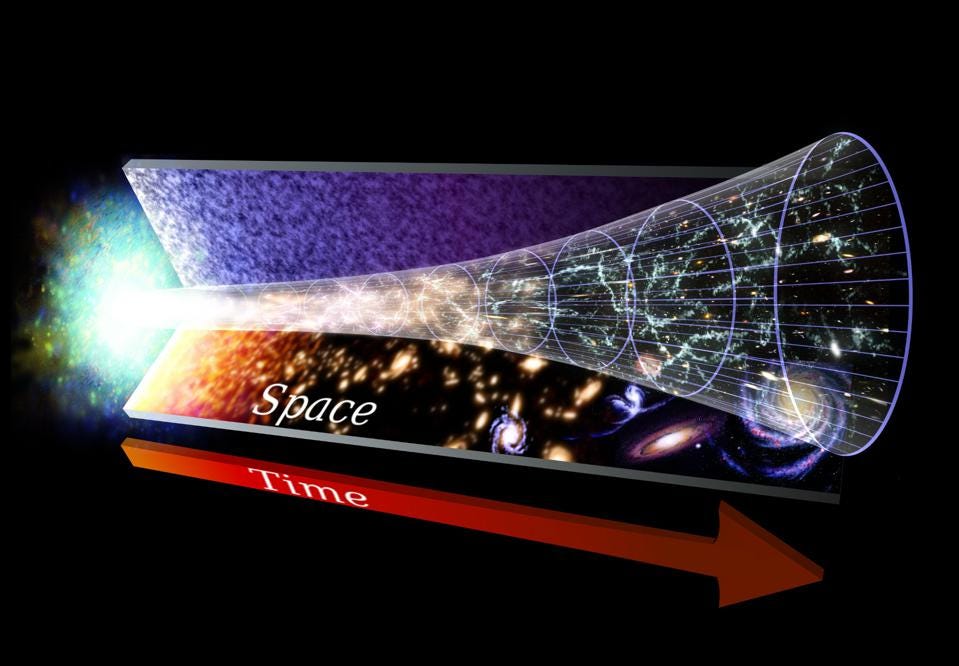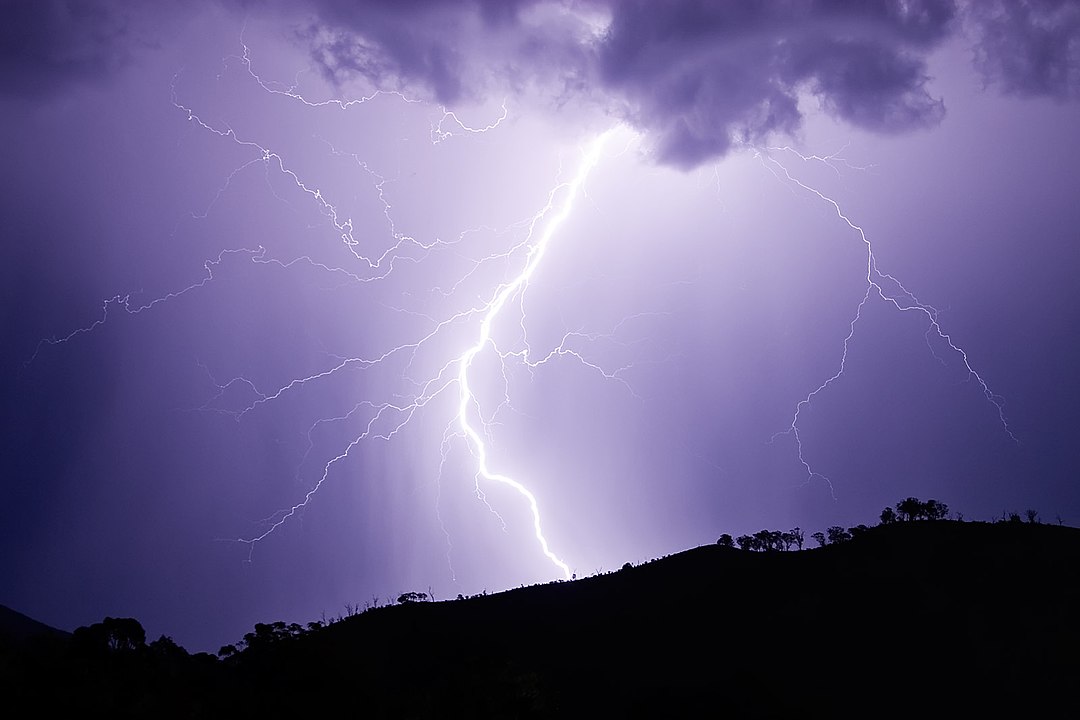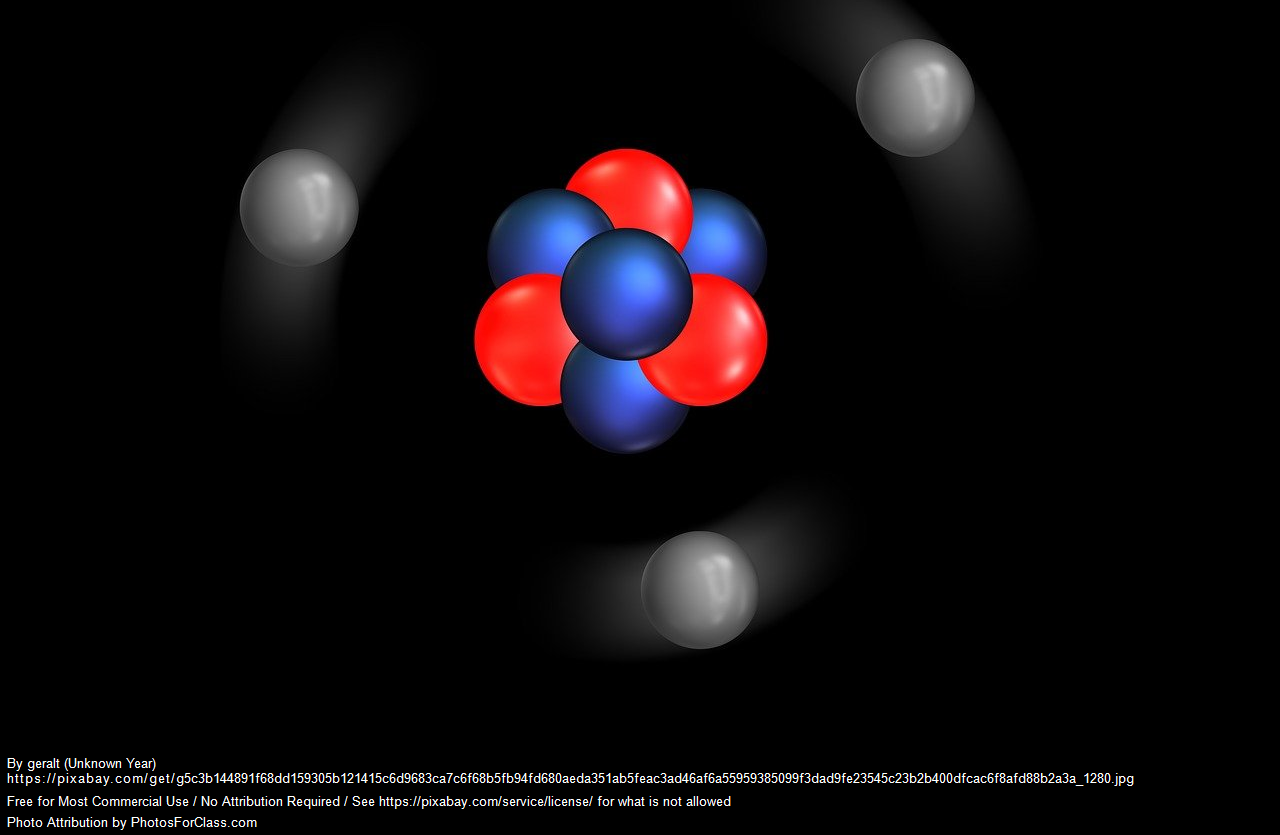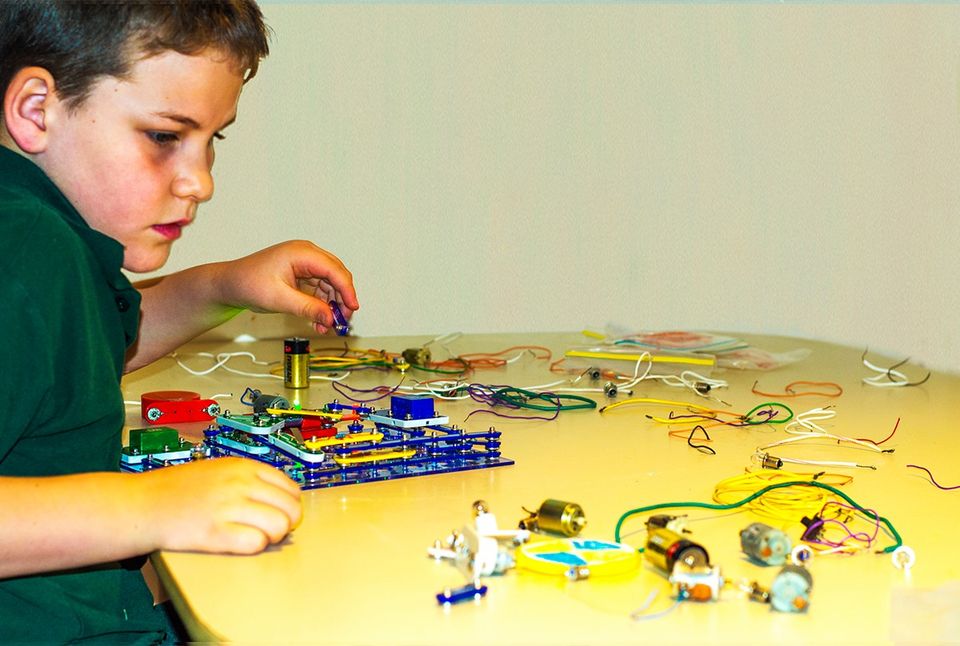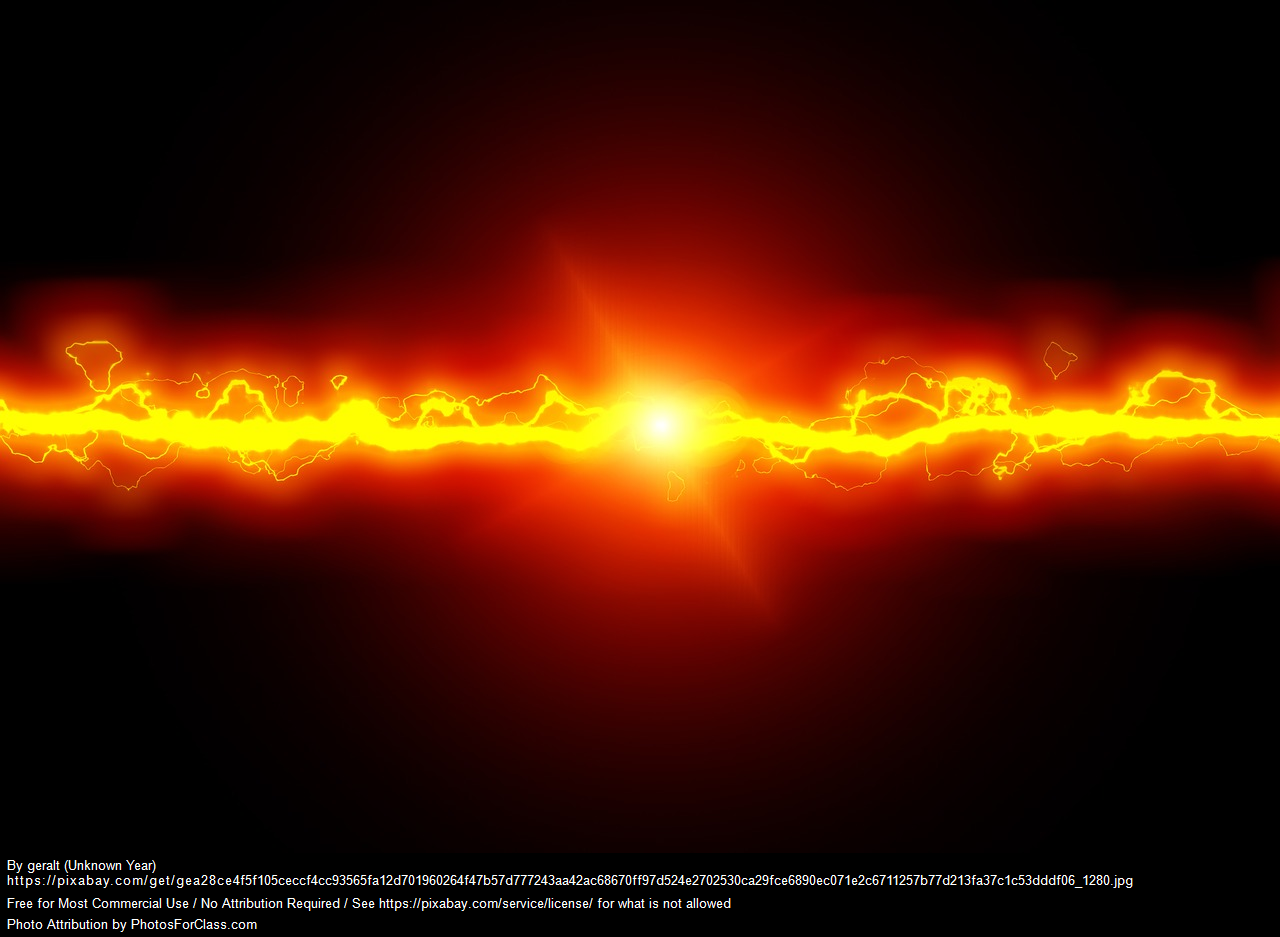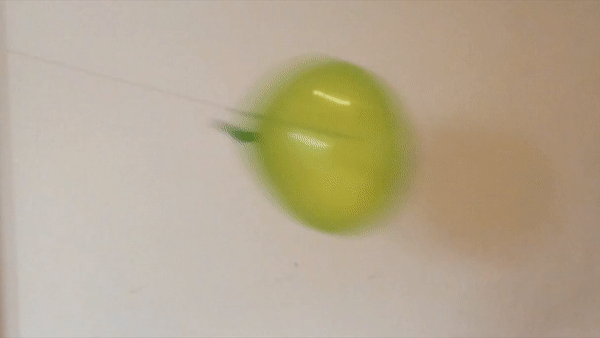Since it began operation in 2017, FLEET has created diverse training opportunities for its members in areas such as equity and diversity, communication, translation and technical skills. FLEET has enabled this through grants to attend conferences, training courses or visits to partner labs. It has also encouraged and provided the opportunity to present posters and seminars at FLEET workshops or …
FLEET-AIP seminar. Optimising silicon/silicon-germanium quantum dot qubits
-
10 May 2024
10:00 am - 11:00 am
Professor Susan Coppersmith, UNSW Venue: New Horizons Building, seminar room G30, Monash University Online: Zoom Silicon/silicon-germanium quantum well heterostructures are a leading materials system for hosting semiconducting quantum dot qubits. Compared to the silicon metal-oxide-semiconductor materials stack used in current classical computers, Si/SiGe has the advantage that the qubits are confined near a high-quality epitaxial Read More
Women in Physics Public Lecture. What do theoretical physicists do?
-
8 May 2024
7:00 pm - 8:30 pm
The AIP is delighted to announce that FLEET’s Professor Susan Coppersmith FAA FAIP, a theoretical physicist at UNSW Sydney, will tour Australia this year as the AIP’s 2024 Women in Physics Lecturer. Susan with present a public lecture in Melbourne as part of her tour See details online Venue: RMIT City Campus, Building 80, Level 2, Room Read More
FLEET workshop. Staying Well in your Research Career
-
21 May 2024
1:30 pm - 4:00 pm
For FLEET PhD students, ECRs and mid-career researchers. This workshop by IThinkWell will give you strategies to manage your well-being and workload. Registration form is below. If you have any questions, please email FLEET’s training and outreach coordinator, Jason Major – Jason.major@monash.edu. The workshop is online and runs for 2.5 hours. Details below. Working in Read More
FLEET outreach impact
The National Science Quiz returns for 2023
-
27 Aug 2023
3:30 pm - 4:30 pm
More than trivia. The National Science Quiz is a celebration of science and aims to engage people with science and inspire the next generation of Australia’s leading scientists. Join host Charlie Pickering from ABC TV’s The Weekly, special guest team captains (meteorologist/ABC weather presenter Nate Byrne and Numeracy ambassador/ mathematician/host of Numberphile Simon Pampena) and Read More
FLEET- Monash School of Physics & Astronomy seminar. Nonreciprocal reflection and transmission in the 100 GHz to 2 THz range: experiments and theory
-
31 May 2023
2:30 pm - 4:00 pm
Prof. Bob Camley, Distinguished Professor Dept of Physics, Director of the UCCS BioFrontiers Center, University of Colorado. Currently: Fulbright Distinguished Chair, University of Newcastle, NSW In person: Monash University Clayton, School of Physics and Astronomy, 10 College Walk Building 27, Room 107. Missed the seminar. Watch it on FLEET’s YouTube Nonreciprocal behavior (eg, where reversing Read More


